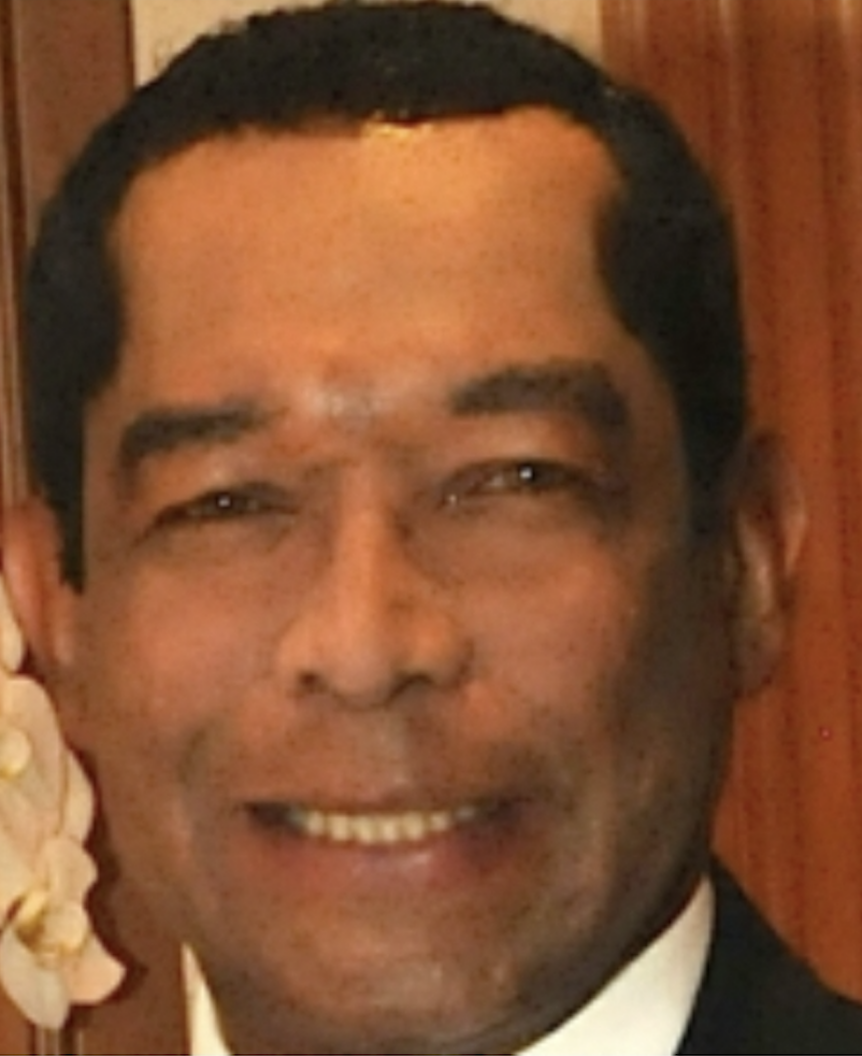My Lords, I add my thanks to the noble Earl, Lord Sandwich, for initiating this debate.
It was Samuel Taylor Coleridge—sadly, not a relative—who said, In politics, what begins in fear usually ends in folly”. Much of the political rhetoric concerning asylum and immigration has historically been motivated by fear—fear of the foreigner, fear of those who look or sound different. But, in principle, I view these proposals as a mature, albeit modest, step forward. They appear to recognise the basic fact that the United Kingdom has a skills shortage and needs to attract, rather than repel, migration. Of course, the success of this policy will depend on the detail.
I also welcome the more constructive tone now adopted on these issues by the Conservative Party, in particular by Mr Oliver Letwin, the shadow Home Secretary. His intelligent comments have brought light rather than heat to the ongoing debate.
The mood of the nation has recently been lifted by two events. The Queen’s Golden Jubilee and the World Cup festivities have caused a resurgence of the Union flag and the Cross of St. George. For some years, those national emblems have been hijacked by the far Right. I am delighted that the nation has reclaimed those symbols for its proper use.
It is also an inspiration to see black Englishmen, such as Rio Ferdinand, Sol Campbell, Ashley Cole, Emile Heskey, Trevor Sinclair, Darius Vassell, Kieran 717 Dyer, David James and Wes Brown all helping the England soccer team to glory in the World Cup—not forgetting Nasser Hussain, captain of the victorious England cricket team, and thousands more from the ethnic minority communities who are not famous but who contribute to the nation’s prosperity.
With regard to the proposals themselves, I have to declare an interest. One of the companies that I chair, Warwick Communications, advises private and public sector organisations on diversity issues. Racial diversity opens a window to the world. Through migration, the United Kingdom can continue to compete in the global market place. Managed migration will help to build bridges, not walls, between races.
There is little evidence that host workers suffer by losing jobs to migrants. On the contrary, migrants create new business and fill labour market gaps. However, migration must never become a substitute for other policies concerning skills, education and training. Moreover, it seems sensible that migrants should be proficient in English and have some understanding of our constitution.
As to the principle of refugee resettlement into the United Kingdom, that is also a positive step. But I agree with organisations such as Oxfam, the Refugee Council and the Commission for Racial Equality that resettlement must not be used as a way of undermining the rights of many asylum seekers who claim protection from persecution under the current asylum procedure. Resettlement should be additional to, not a replacement of, the asylum procedures. The asylum system itself must be improved by resolving cases far more quickly. Justice delayed is justice denied. I am not convinced that large camps in rural areas are the answer.
There is also an important ethical point. Taking skilled workers such as doctors and nurses may harm the development of poorer countries. That must increase the moral obligation of richer nations like ours to tackle issues such as third world debt and international trade, including the arms trade.
The information superhighway can transport facts, ideas and opinions across all racial and cultural divides within seconds. The only barrier it cannot penetrate is the closed heart. Those who totally oppose—and there are some—a sensible migration and resettlement policy need to understand one thing: the same fence that they would use to shut others out will shut them in.
